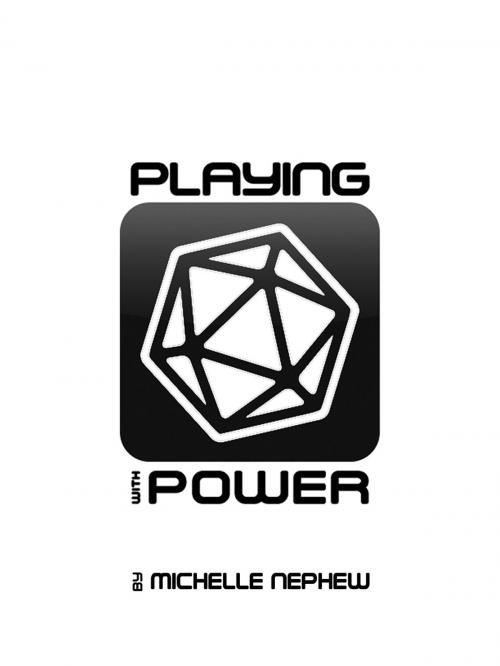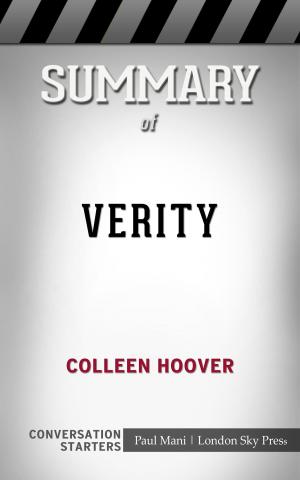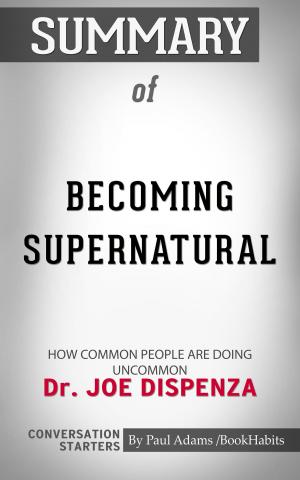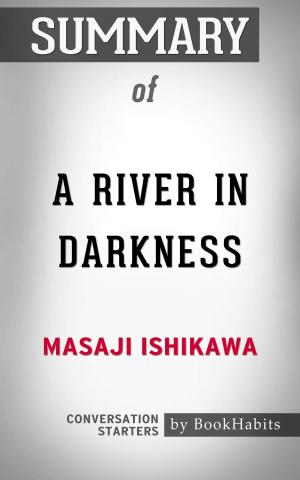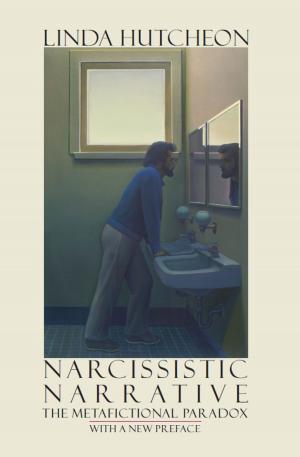Playing with Power: The Authorial Consequences of Roleplaying Games
Nonfiction, Entertainment, Games, Role Playing & Fantasy, Fiction & Literature, Literary Theory & Criticism, Books & Reading| Author: | Michelle Nephew | ISBN: | 9780463584972 |
| Publisher: | Michelle Nephew | Publication: | May 18, 2018 |
| Imprint: | Smashwords Edition | Language: | English |
| Author: | Michelle Nephew |
| ISBN: | 9780463584972 |
| Publisher: | Michelle Nephew |
| Publication: | May 18, 2018 |
| Imprint: | Smashwords Edition |
| Language: | English |
ABSTRACT: Authorship has undergone drastic revision in the twentieth century. A fundamental transformation in literature, wherein the author has become a multiplicity of voices, is evinced by the development of roleplaying games as both literary and cultural texts.
The literary roots of roleplaying games are self-evident, as they draw on writers such as H. P. Lovecraft and J. R. R. Tolkien. However, a consequence of the development of the roleplaying game has been a subsequent departure from these authorial beginnings; roleplaying games have irrevocably transformed the role of the writers who inspired them, altering the authorial position to become a border-blurring multiplicity. Not only do roleplaying game designers reinterpret literary texts as literary games, often borrowing rules material from other designers in the process, in modifying the function of the author from a single creative entity to an empowered storytelling among groups roleplaying games further complicate previous distinctions between author and audience. Players create a fictional world as a group endeavor, authoring a complex structure of fantasy that addresses Freudian concepts of dreams and wish fulfillment.
In this way, roleplaying becomes a locus for issues of identity, including questions of performance, spectatorship, and gender construction. And by allowing play in regard to identity, roleplaying games are able to transgressively navigate expressions of difference, encouraging players to subtly work against the traditional split between spectacle and narrative. The thriving fan subculture surrounding roleplaying only emphasizes the transgressiveness of the hobby; this is a social formation that aggressively utilizes new technology such as the internet, through which fans are able to explore culturally subversive methods of authoring in the face of hostility from the surrounding cultural environment. They, too, are active producers and manipulators of meanings, rather than passively accepting dominant ideology.
By fusing the broader perspectives of literary and cultural criticism with personal experiences, this study examines the development of roleplaying games from the fiction of individual writers to the interactive roleplaying based on them, wherein fiction writers, the hobby’s creators, designers, editors, publishers, fans, players, and the cultural environment are all invested with the creative power to contribute meaningfully to the narrative.
ABSTRACT: Authorship has undergone drastic revision in the twentieth century. A fundamental transformation in literature, wherein the author has become a multiplicity of voices, is evinced by the development of roleplaying games as both literary and cultural texts.
The literary roots of roleplaying games are self-evident, as they draw on writers such as H. P. Lovecraft and J. R. R. Tolkien. However, a consequence of the development of the roleplaying game has been a subsequent departure from these authorial beginnings; roleplaying games have irrevocably transformed the role of the writers who inspired them, altering the authorial position to become a border-blurring multiplicity. Not only do roleplaying game designers reinterpret literary texts as literary games, often borrowing rules material from other designers in the process, in modifying the function of the author from a single creative entity to an empowered storytelling among groups roleplaying games further complicate previous distinctions between author and audience. Players create a fictional world as a group endeavor, authoring a complex structure of fantasy that addresses Freudian concepts of dreams and wish fulfillment.
In this way, roleplaying becomes a locus for issues of identity, including questions of performance, spectatorship, and gender construction. And by allowing play in regard to identity, roleplaying games are able to transgressively navigate expressions of difference, encouraging players to subtly work against the traditional split between spectacle and narrative. The thriving fan subculture surrounding roleplaying only emphasizes the transgressiveness of the hobby; this is a social formation that aggressively utilizes new technology such as the internet, through which fans are able to explore culturally subversive methods of authoring in the face of hostility from the surrounding cultural environment. They, too, are active producers and manipulators of meanings, rather than passively accepting dominant ideology.
By fusing the broader perspectives of literary and cultural criticism with personal experiences, this study examines the development of roleplaying games from the fiction of individual writers to the interactive roleplaying based on them, wherein fiction writers, the hobby’s creators, designers, editors, publishers, fans, players, and the cultural environment are all invested with the creative power to contribute meaningfully to the narrative.
